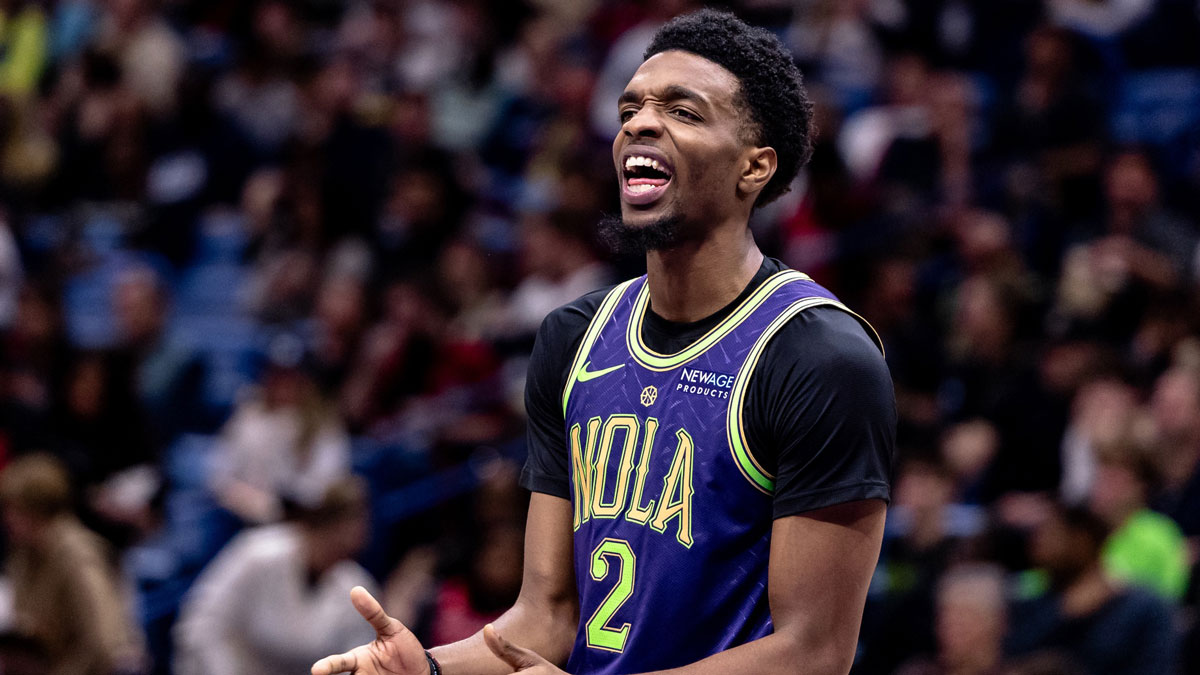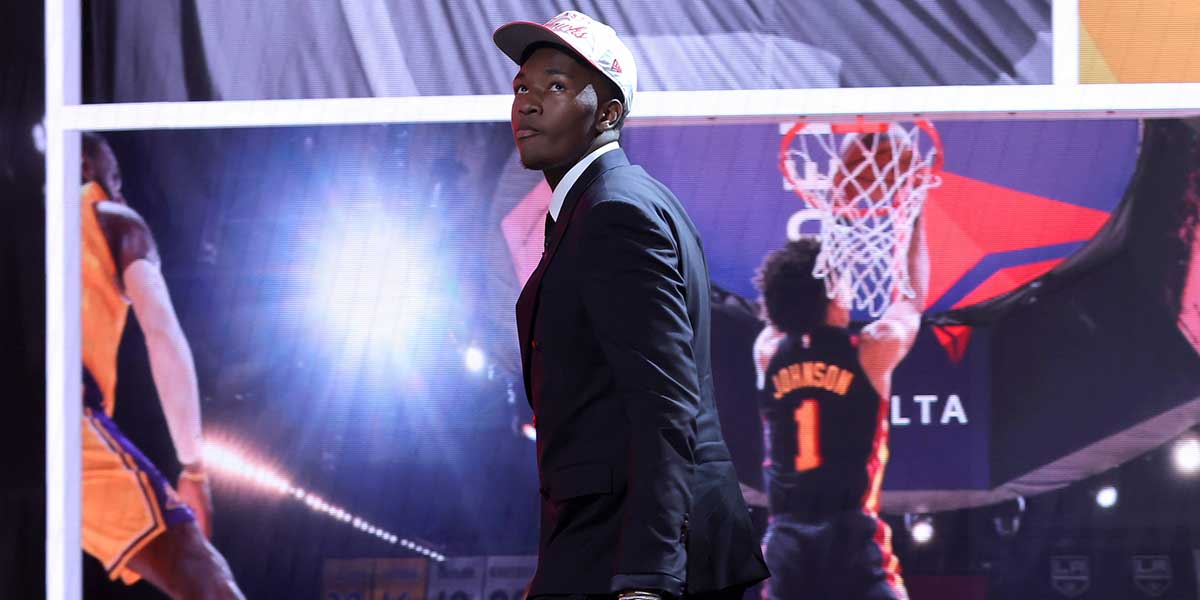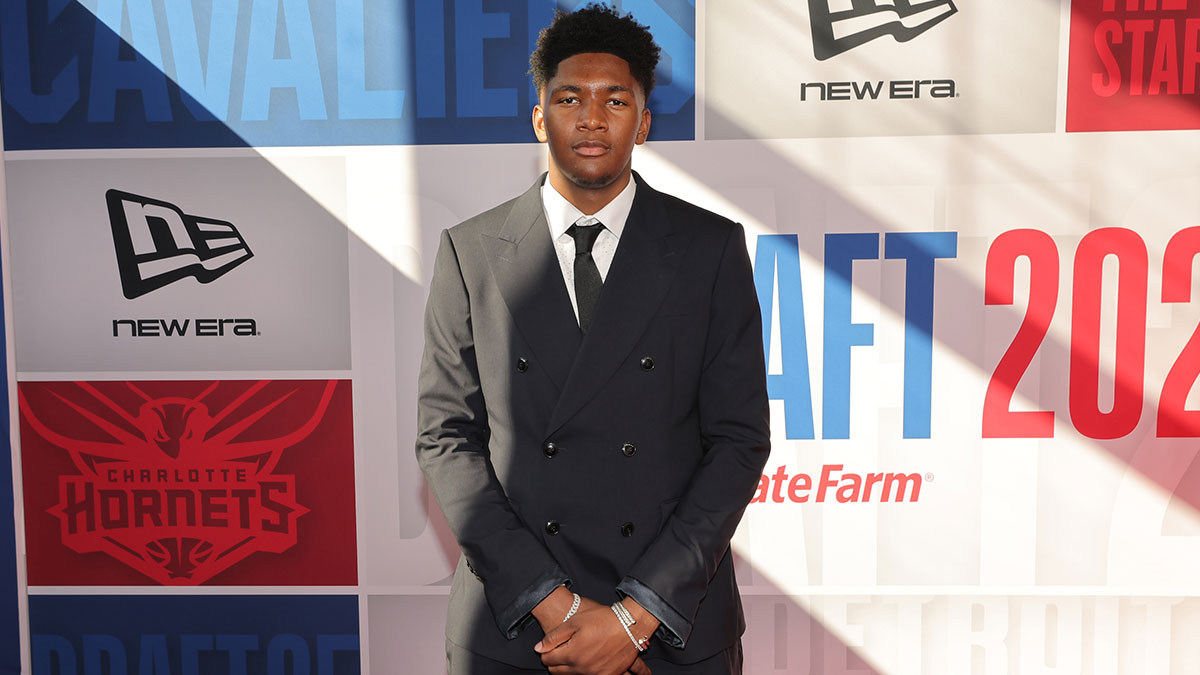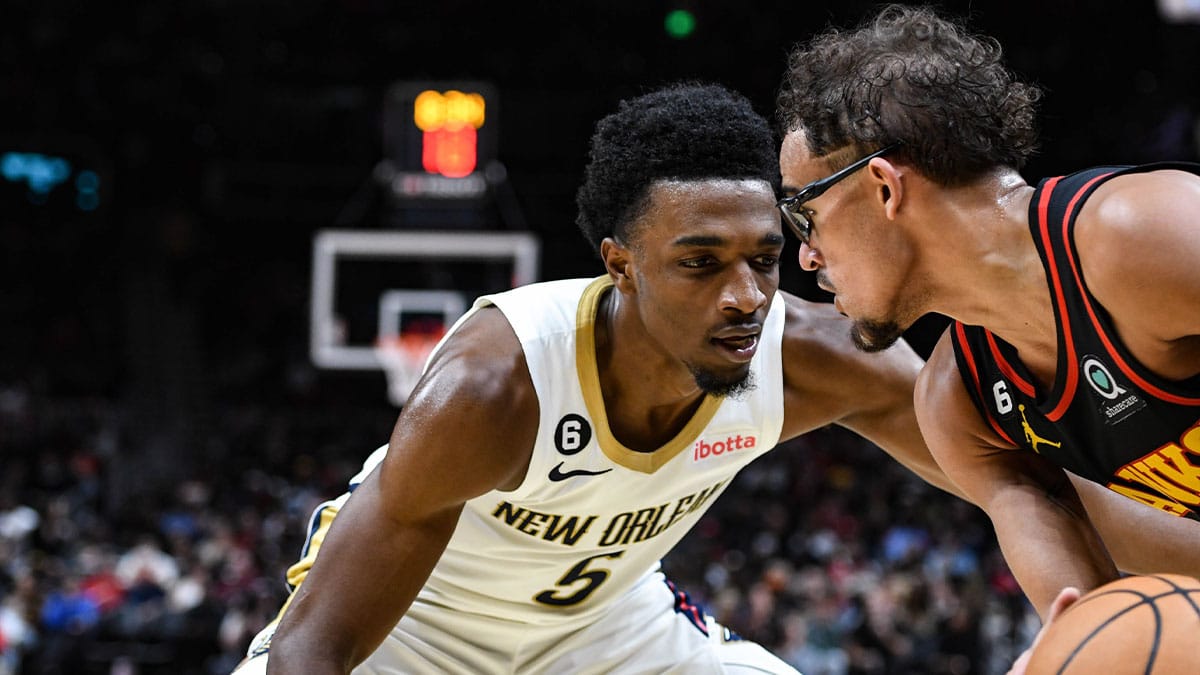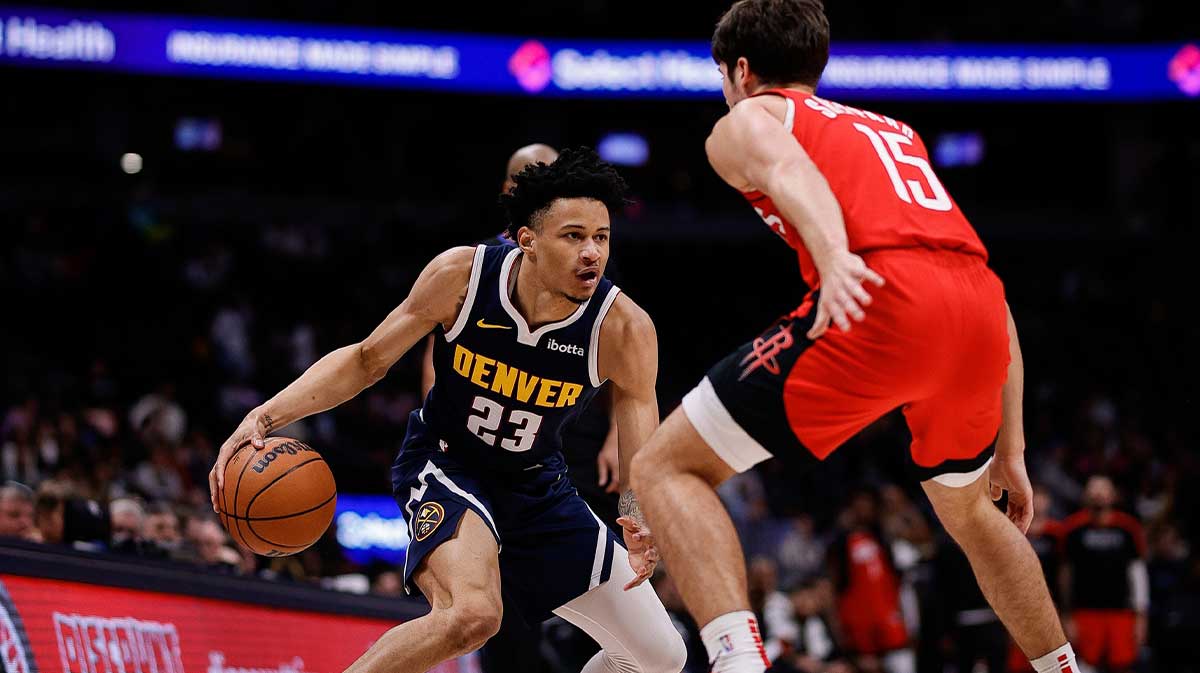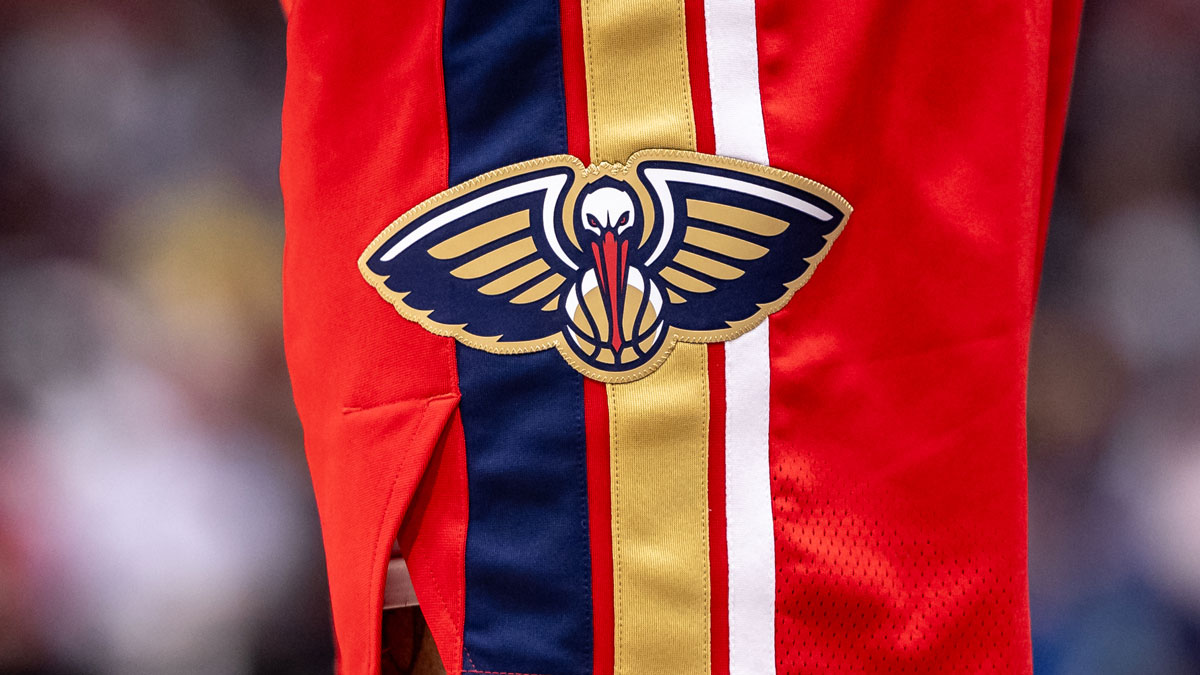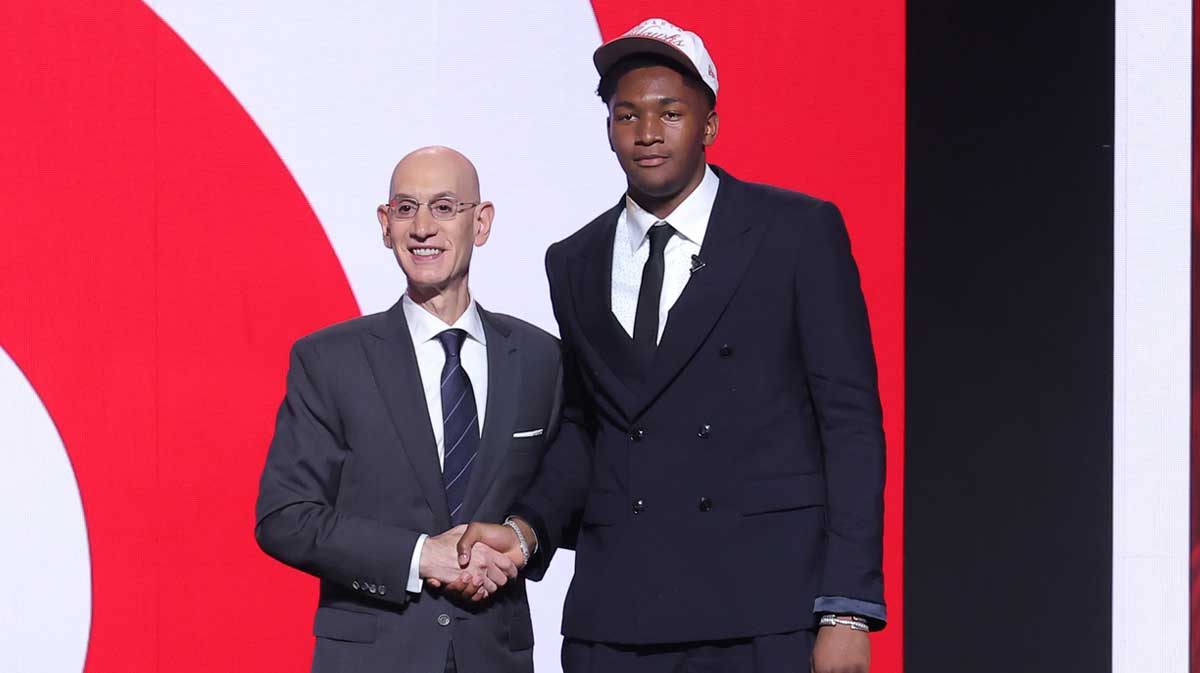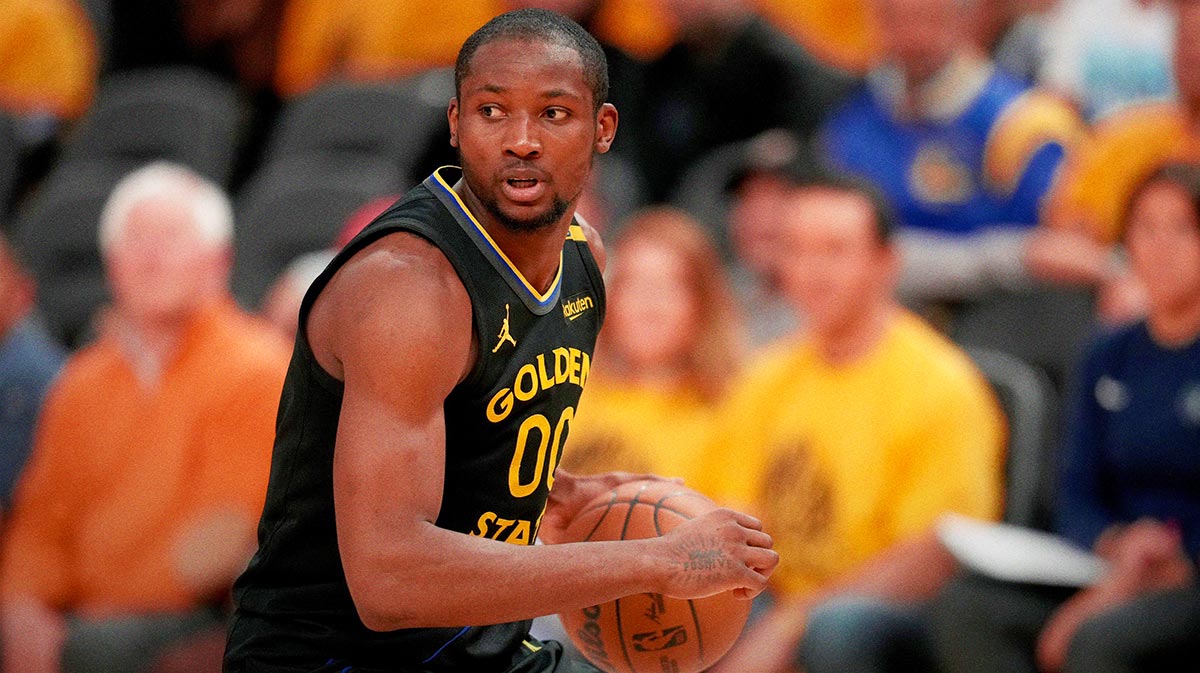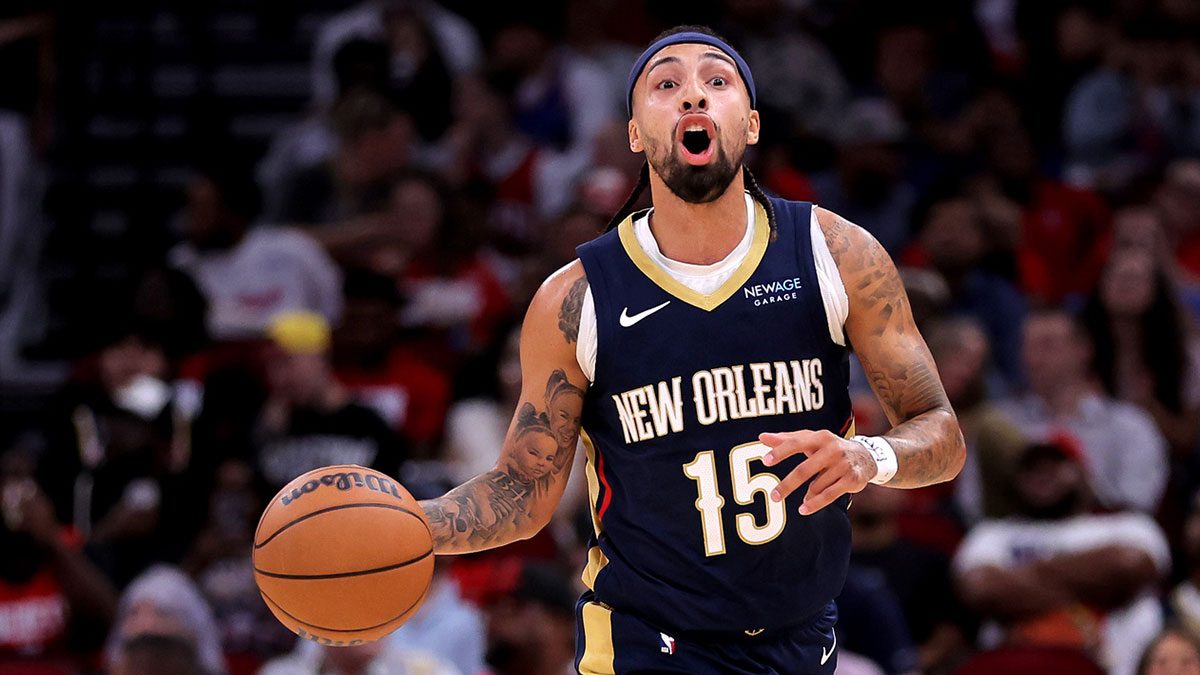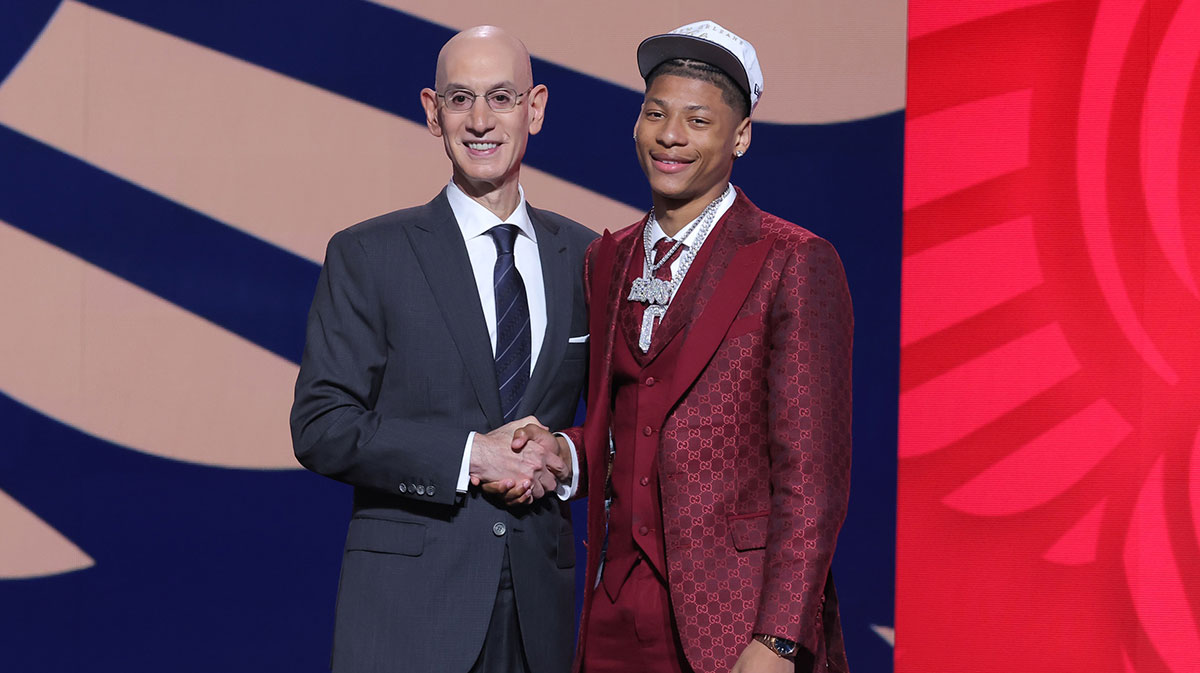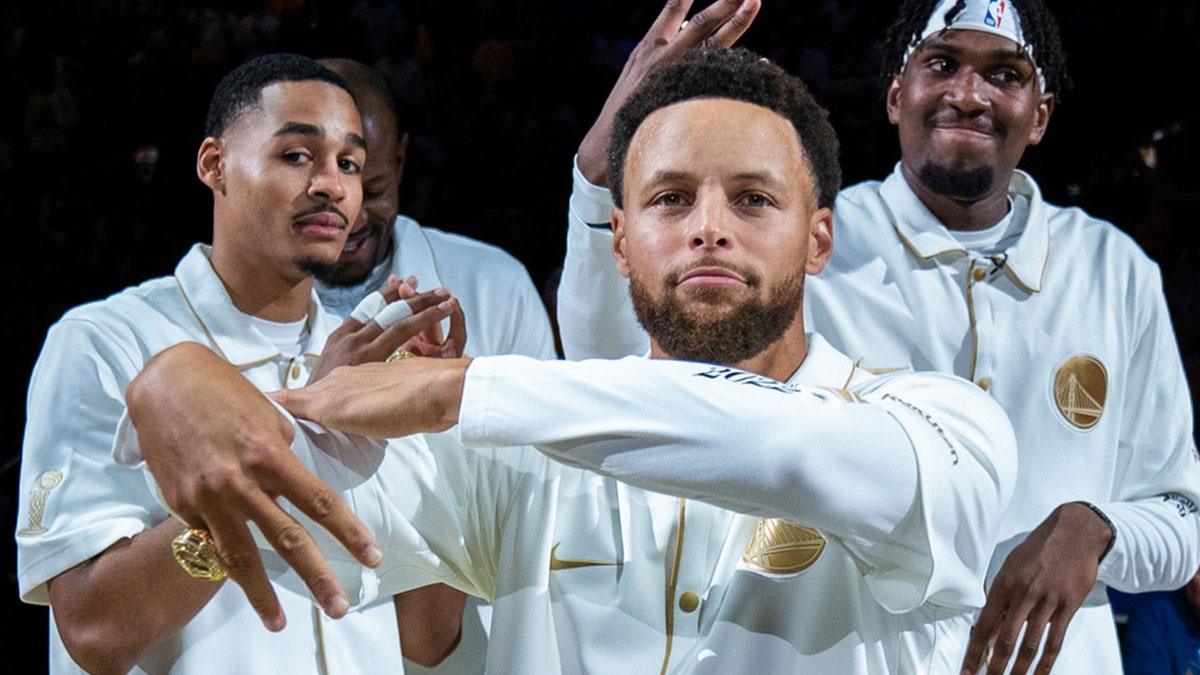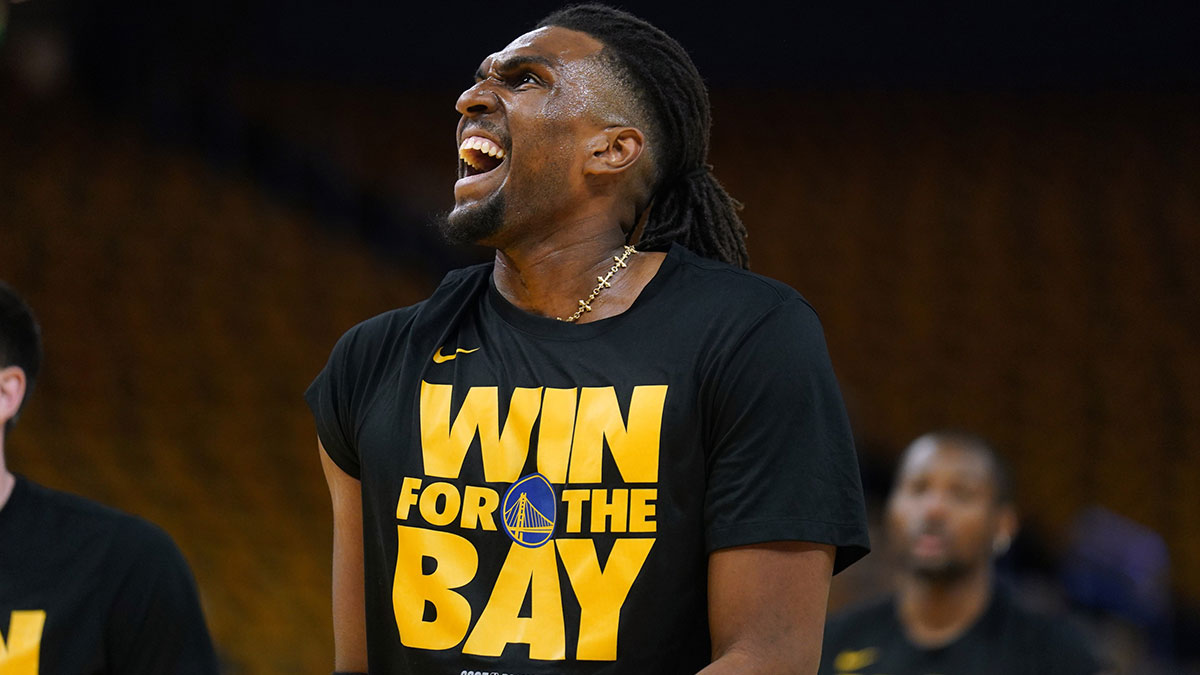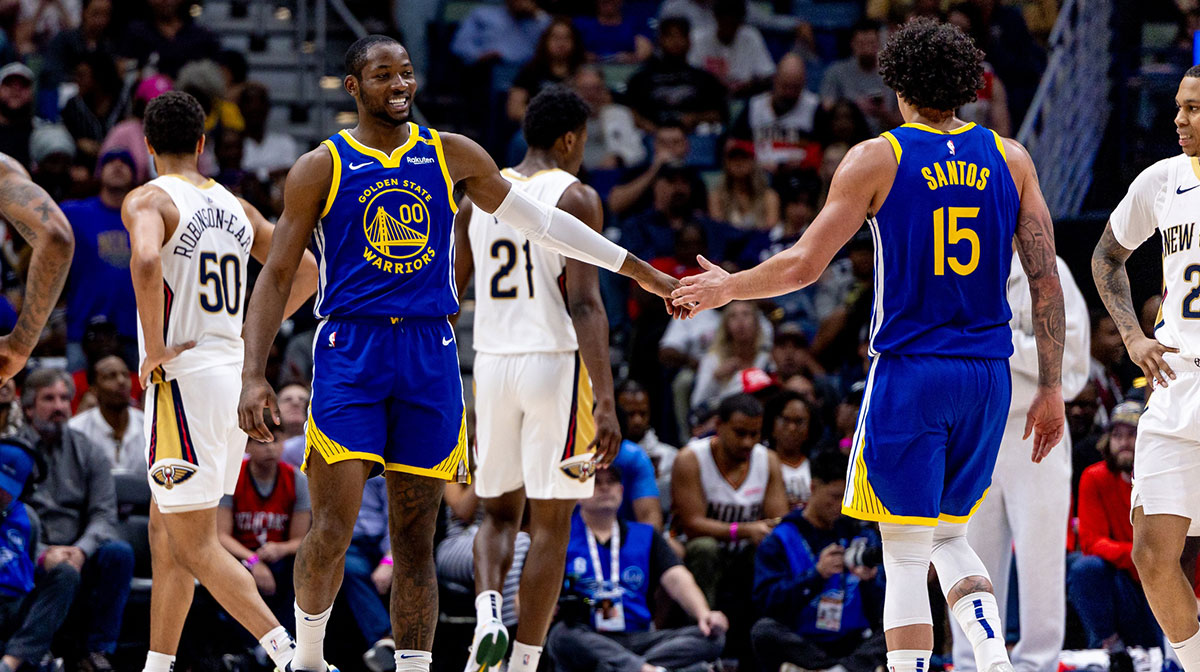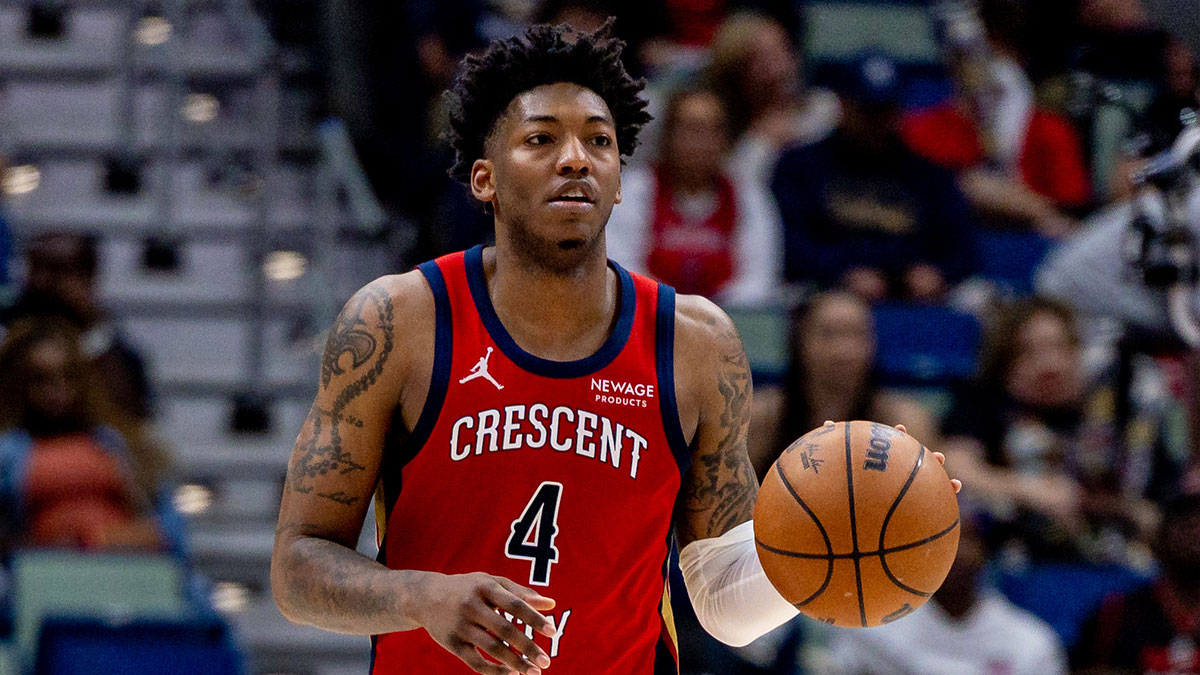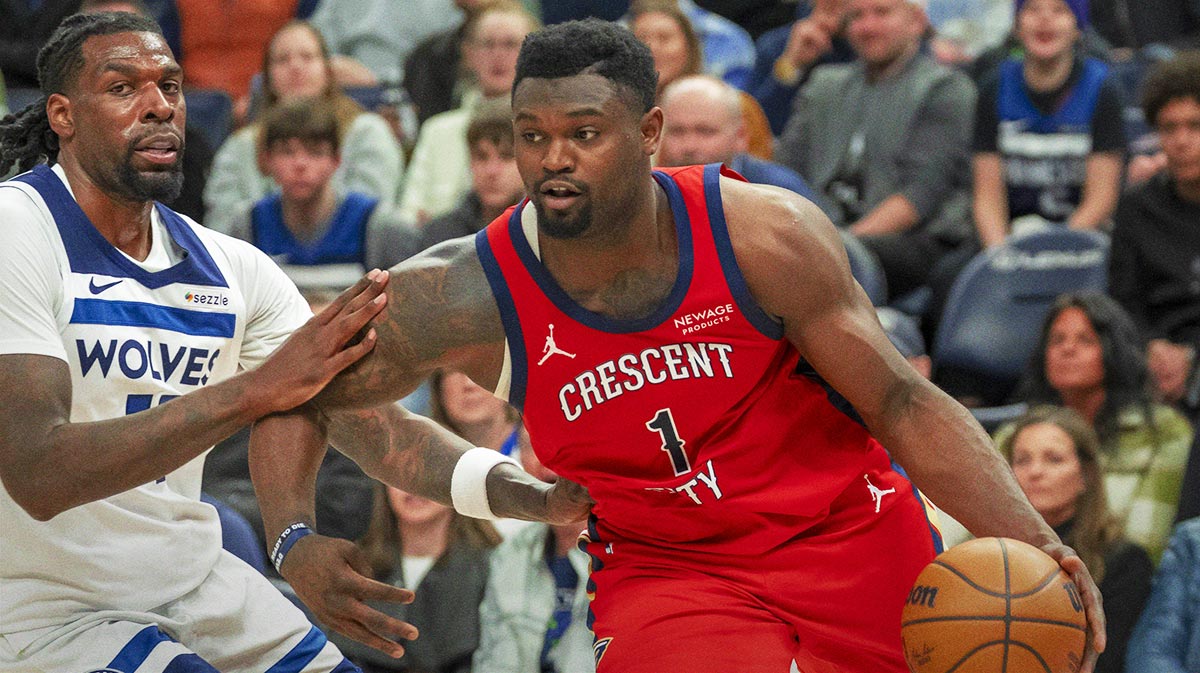Anthony Davis and Antonio Brown have become the men of the hour, making headlines recently for reasons other than their in-game performances. Both superstars have publicly demanded trades in recent weeks. Anthony Davis asked out of New Orleans in an effort to win a championship soon, while Antonio Brown has made known his displeasure with Ben Roethlisberger on every form of social media he could use.
Anthony Davis was fined by the NBA for publicly demanding a trade, since it violated the Association's collective bargaining agreement. Brown was not fined by the NFL for his actions, at least not yet, though he had been disciplined by the Steelers numerous times leading up to his request to be moved.
Though a trade of either athlete — both remain under contract through next season with their respective teams — would shake up the competition, these athletes have taken a big step toward shattering the norms in not only their leagues, but also the power balance in professional sports.
With their demands, they made it clear they would only re-sign with a franchise they wanted to stay with, which dramatically reduces their trade value.
Combining those two factors ties the Pelicans' and Steelers' hands. They cannot possibly expect to recoup as much value as they're losing. Yes, both franchises will still get plenty of value back, but it won't fully offset the loss of these premier talents.
The funny thing is that in a business dictated by front-office executives, two “employees” managed to rebel against the system… and it's working. Both players will assuredly enter next season in a new city, since their current employers would be unwise to harbor an asset that can only depreciate over time.
After Le’Veon Bell stuck it to the Steelers for the better part of the last two years, a door opened for athletes to have more control over where they play, and also how they're not only paid but also physically valued in attempts to win championships.
Anthony Davis has given his all during his six-plus seasons in New Orleans, never to be rewarded with assistance from the front office. Dell Demps acquired a disgruntled DeMarcus Cousins from the Sacramento Kings only to let him walk after an injury shot down championship aspirations before they could come to fruition. Other than that, Davis's two best complements have been Julius Randle and Jrue Holiday, not nearly enough to compete in the recently less imposing Western Conference.
After being selected in the sixth round of the 2010 NFL Draft, Antonio Brown has rewarded Pittsburgh with a serious return on investment. However, even with Bell, Roethlisberger, and more recently, Juju Smith-Schuster, the team has failed to produce results. This past season, the Steelers missed the postseason altogether, and Brown isn't happy with Big Ben's reluctance to shoulder any blame while holding others accountable.
Now, executives from both leagues are scrambling to compile a respectable package to offer for the two superstars. However, rather than gleefully scanning their rosters for expendable assets to send away, they instead should be shaking in their shoes while staring at what they might lose.
If players can start seizing reasonable control of their own futures, as Davis and Brown have successfully done, other players will follow suit. Teams can no longer rely on having control over players they draft to win championships. Now, players can jump ship to win sooner in other places by making their displeasure public.
Once again, Davis faced a fine for his trade demand, though $50,000 is hardly a noticeable dent in a bank account adding more than $25 million per year. Because of that demand, Davis has the opportunity to earn more AND win, something New Orleans cannot offer him immediately. That seems like a good way of spending 50 grand to me.
Brown hasn't directly lost a penny as a result of demanding his departure from the Steel City. However, he has slightly less control over his future than Davis does: Brown will enter the 2019-20 season at age 31 and the Steelers can send him to whoever makes the best offer, regardless of whether Brown wants to play there. Le'Veon Bell took a major gamble on himself to reach free agency, forfeiting a ton of cash; to get that kind of control, Brown would have to sit out next season. If he isn't moved, he can absolutely consider doing the same thing, especially if his former teammate gets paid big bucks by a contender.
The moral of the story is that teams cannot use clauses in contracts to handcuff their players to their long-term futures. Small fines and maybe some character annihilation are the only consequences of demanding a trade. Every year, drafting young talent is how rebuilding franchises attempt to catapult back to relevance. However, if they take too long to do so, those precious draft selections can essentially force themselves out to greener pastures.
Front office executives and coaching staffs are now forced to treat their star players with more respect than ever before. If an elite player gets uncomfortable, he can ask to be moved with little to no penalty. Players who have ascended to stardom, such as Anthony Davis and Antonio Brown, can force their way out as a result.
Even beyond the respect factor, teams are pressured to compete once they acquire or draft a star. Even if the organization treats its players with the utmost respect, some value winning above all else. If they cannot field a contender, a star player can threaten to refuse to re-sign at the conclusion of his contract, essentially forcing management to either trade him or receive nothing when the player takes his services to someone capable of contending.
Now, after these developments, free agency is no longer the only way star athletes can decide to move to a contender. The jury is still out on whether Davis and Brown will land on a contender. Davis and Brown could theoretically be shipped to rebuilding teams. However, since they won't re-sign with non-competing teams, the offers from those franchises would be unimpressive, making it very likely a contender makes the best sales pitch.
Even if they don't go exactly where they want, Davis and Brown have successfully forced their respective franchises to ship them out. It makes no sense to hold such value when that value isn't long-term. Other players will follow them down the line too, especially since the ploy worked. Thanks to Anthony Davis, Antonio Brown and — in some capacity — Le'Veon Bell, star players have seized sizable control over their futures, and have taken serious leverage away from team executives.

